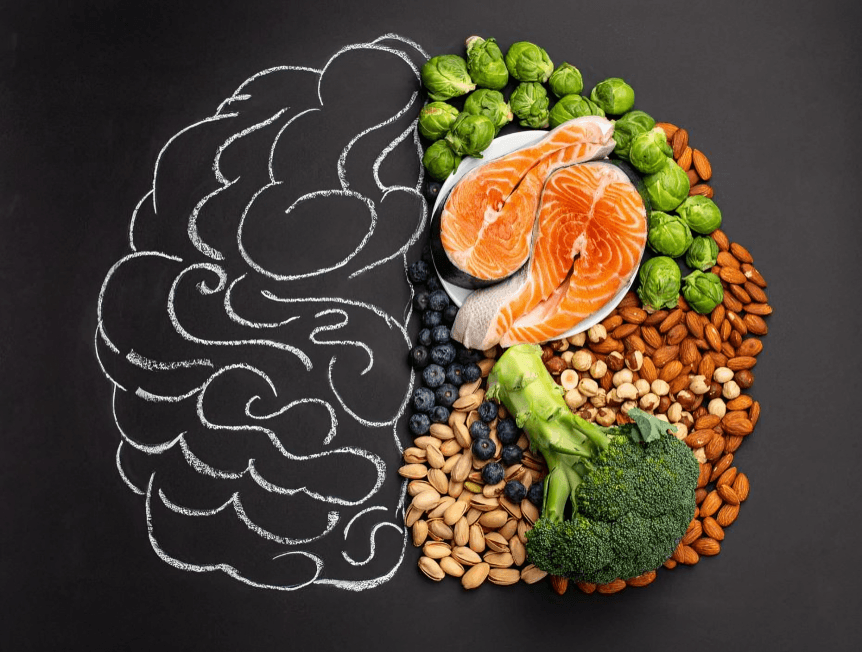
“
In an age where overstimulation, pressure, and uncertainty are part of everyday life, the facts about managing anxiety naturally have become more vital than ever. Many people seek comfort in pharmaceuticals, but others are exploring the facts about managing anxiety naturally through gentler, more sustainable means. From the healing depth of breathwork to the stabilizing influence of consistent sleep routines, the facts about managing anxiety naturally invite us to reconnect with ourselves.1
1
”
Engaging in regular aerobic exercise, such as brisk walking or cycling, elevates endorphin levels and reduces stress hormones, fostering improved mood and decreased anxiety symptoms over time. 1
Practicing mindfulness meditation daily enhances present-moment awareness, allowing individuals to observe thoughts without judgment, which can significantly reduce anxiety and improve emotional regulation. 2
Incorporating deep breathing techniques, like the 4-7-8 method, activates the parasympathetic nervous system, promoting relaxation and mitigating the physiological symptoms of anxiety. 3

Consuming a balanced diet rich in omega-3 fatty acids, whole grains, and leafy greens supports neurotransmitter function, which is crucial for mood stabilization and anxiety reduction.
Limiting caffeine intake reduces overstimulation of the nervous system, preventing exacerbation of anxiety symptoms like restlessness, rapid heartbeat, and sleep disturbances. 4
Drinking herbal teas like lemon balm and chamomile provides calming effects by interacting with GABA receptors, promoting relaxation, and reducing anxiety without the side effects of medications. 5
Practicing yoga combines physical postures, controlled breathing, and meditation, which collectively reduce stress hormones, enhance mood, and improve overall mental health, thereby alleviating anxiety symptoms. 6
Spending time in nature, such as walking in a park or forest, lowers cortisol levels, reduces rumination, and enhances mood, providing a natural antidote to anxiety. 7
Maintaining a gratitude journal by regularly noting positive experiences shifts focus from negative thoughts, fosters a positive outlook, and reduces anxiety by promoting emotional balance. 8

Engaging in creative activities like painting, writing, or playing music provides an outlet for expression, distracts from anxious thoughts, and induces a state of flow, reducing anxiety.
Practicing aromatherapy with essential oils like lavender and bergamot can activate the limbic system, promoting relaxation and reducing anxiety symptoms through olfactory stimulation. 9
Engaging in grounding exercises like focusing on the five senses helps bring awareness back to the present moment, reducing panic and anxiety by distracting from spiraling negative thoughts or imagined scenarios. 10
Chewing gum during stressful situations can lower cortisol levels, improve alertness, and offer mild stress relief, making it a simple yet surprisingly effective natural tool for managing anxiety. 11
Taking magnesium-rich foods or supplements under medical advice can regulate neurotransmitters and help calm nervous system activity, aiding in anxiety control and reducing muscle tension linked with stress. 12

Staying hydrated ensures proper brain function and mood regulation, as even mild dehydration can impact concentration and emotional balance, which may intensify symptoms of anxiety and irritability.
Practicing acceptance and commitment therapy techniques helps individuals tolerate anxious thoughts instead of resisting them, fostering psychological flexibility and long-term emotional resilience. 13
Practicing acceptance and commitment therapy (ACT) techniques helps individuals embrace anxious thoughts without judgment, reducing their impact and promoting psychological flexibility. 14
Setting realistic goals and breaking tasks into manageable steps can prevent being overwhelmed, reduce stress, and alleviate anxiety by fostering a sense of accomplishment. 15
Spending time with animals, especially petting dogs or cats, has been shown to lower blood pressure and cortisol levels, promoting a sense of calm and significantly reducing anxiety symptoms. 16
Practicing self-compassion by treating yourself with kindness during anxious moments lowers internal criticism and shame. This emotional support fosters resilience and calms the nervous system, making anxiety easier to manage naturally. 17

